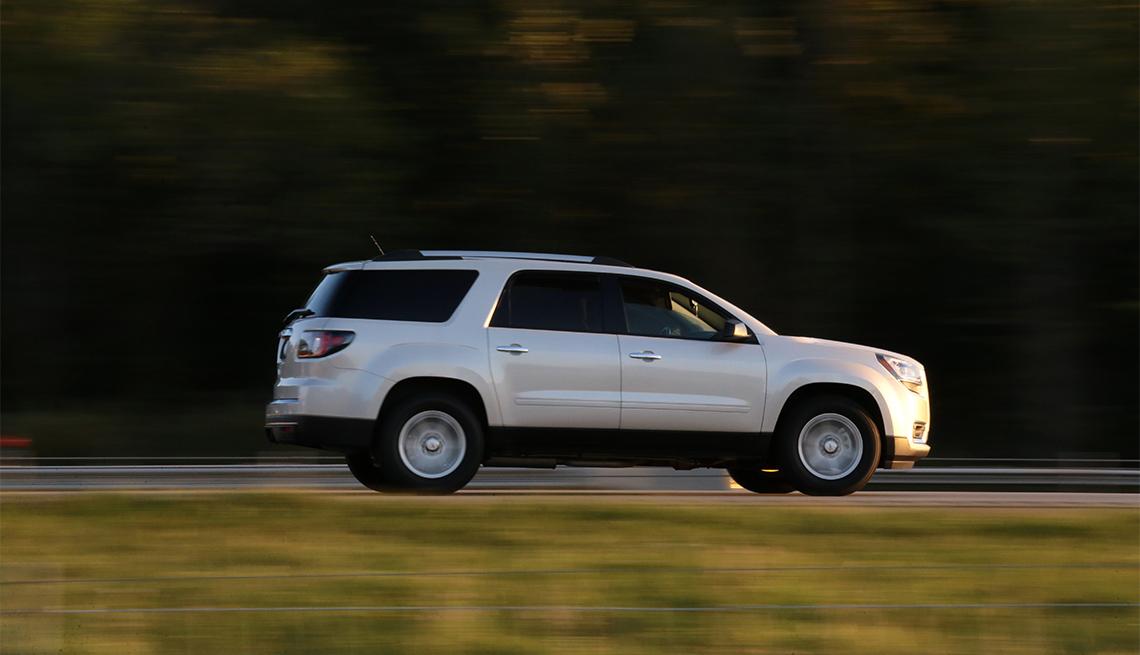
En español | Improving how many miles per gallon of gas your automobile gets makes a difference to your wallet and to the environment.
It’s easy to increase your vehicle’s mileage when you make a big commitment like buying a new hybrid or bolting on aerodynamic body panels. But even small changes in how you drive and maintain your current automobile can make a difference: Upping your car’s average miles per gallon from 27 to 30, for example, would be like getting every 10th fill-up for free. And if you drive 20,000 miles per year, it would save nearly 75 gallons of fuel.
“Many consumers consider fuel economy when purchasing a vehicle, but they also need to consider that their fuel economy is heavily influenced by many different factors that are within their control, such as speed and driving style,” says Stacy Davis, the principal investigator of the Fuel Economy Information program at the U.S. Department of Energy's Oak Ridge National Laboratory (ORNL).

Try these tips and smart strategies to increase your car’s gas mileage. They add up down the road.
The wheels and tires are the feet and shoes of your car, and for all the running around you do, this is a great place to begin when looking to improve your car’s fuel efficiency. Start by checking the pressure on your car’s tires monthly. Many new vehicles will provide this data as part of their information readouts in the car, and a manual tire pressure gauge costs only a few dollars.
The pressure is measured in pounds per square inch (PSI), and heat is a major factor. Your owner’s manual will give you a cold PSI rating, which is what your tires should read in the morning before they heat up from driving and friction. Be wary of the myth that over-inflated tires will yield big fuel economy returns. It’s really marginal at best. But under-inflated tires can both lower fuel economy and produce uneven wear.
Also remember, when the weather turns cold, the denser air will make tire pressure automatically drop. So check the PSI after the first cold snap and add air if necessary.
If the tires are the shoes of your car, then your motor is the heart and the veins. In the same way a poor diet makes you lethargic, neglecting maintenance means your car is not getting the right diet of air, fuel and spark mixture. A healthy car will run better, and it also knows how to be more efficient with every gallon of gas.
If you’re a bit handy, an afternoon tune-up changing spark plugs, wires and the air filter can improve fuel efficiency. A few advanced jobs, like cleaning the mass air-flow sensor or changing a belt can help, too. But don’t feel compelled to do any of this yourself; it’s fine to take these jobs to a trusted mechanic for a general tune-up.